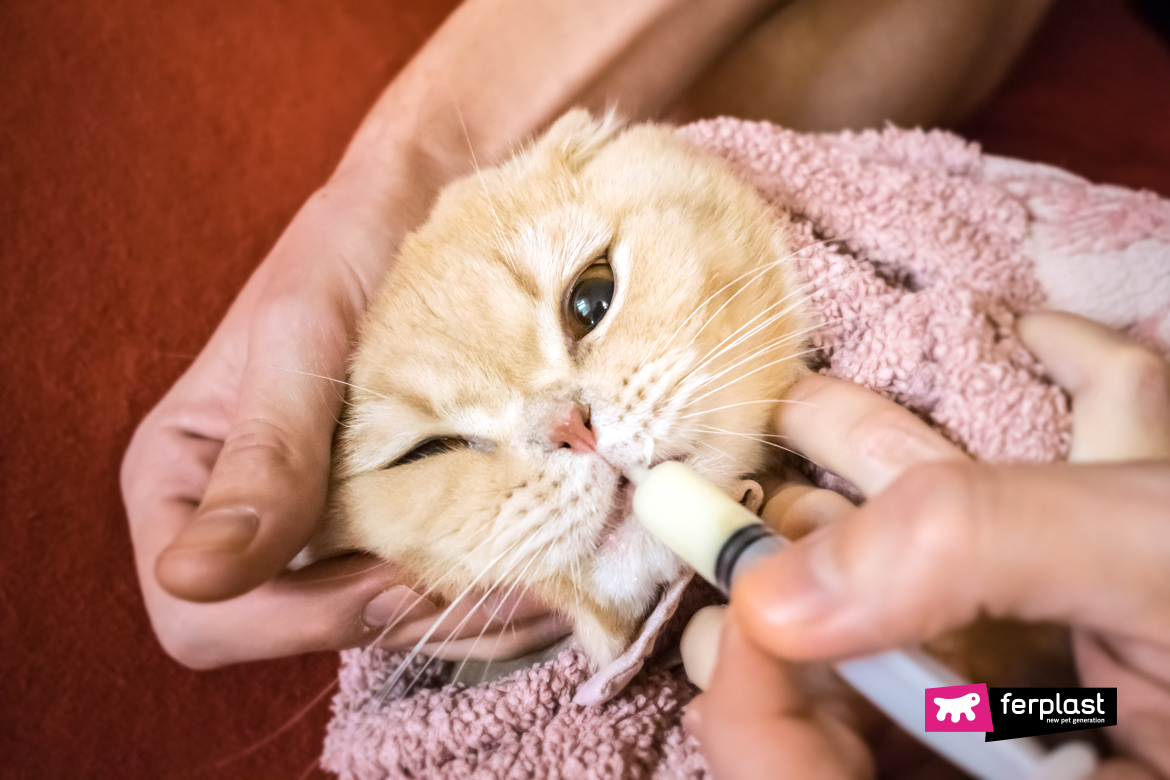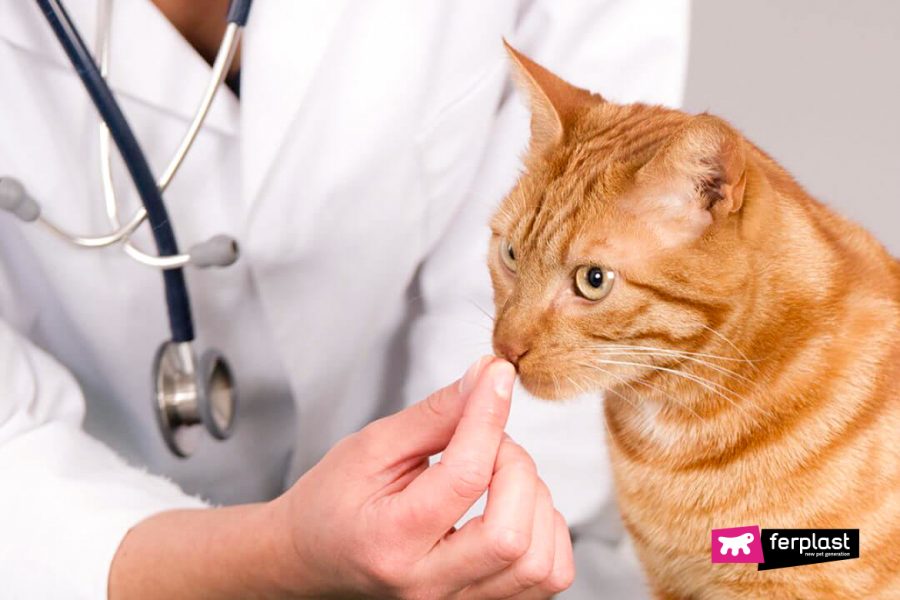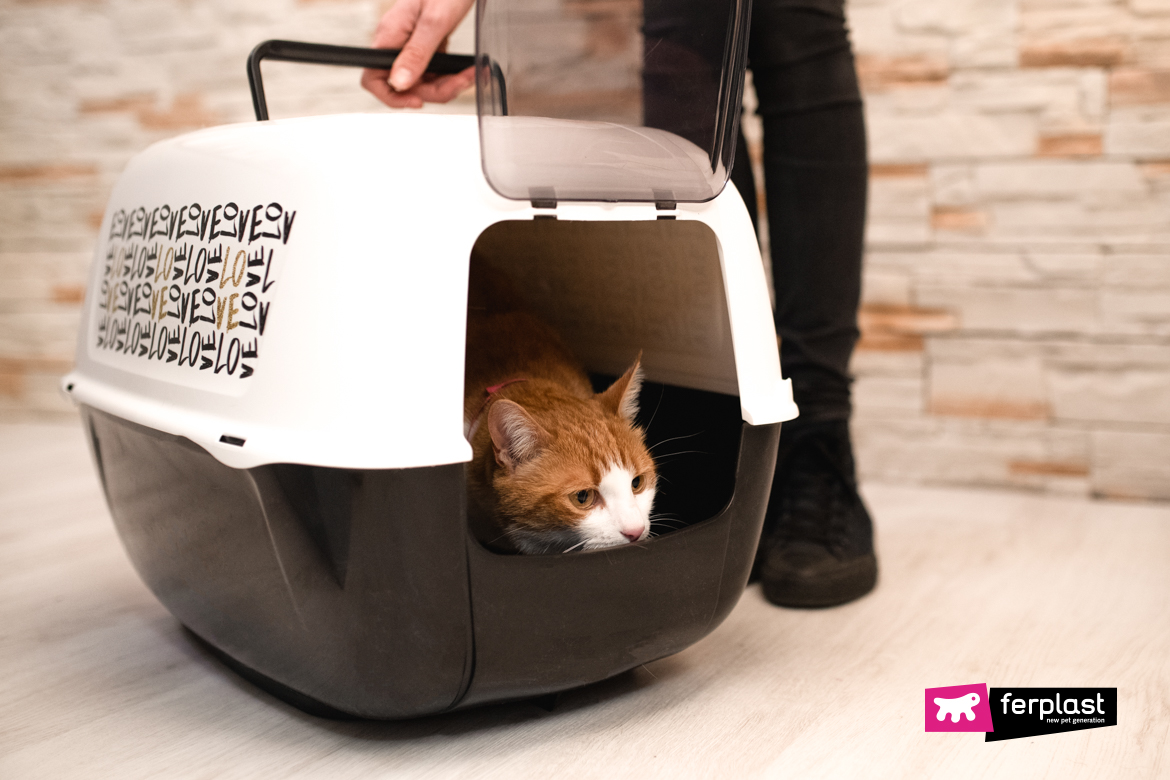Worming a cat is the first thing to do when you bring home a kitten, especially if he is a newborn. Why should cats be dewormed? When should it be done? Here is our complete guide to worming!
What are cat’s worms?
There are different types of worms that can bother cats, the most common are tapeworms and ascaris. They can also be simply distinguished by their shape: there are roundworms, hooked worms and flatworms. Because of this variety, there is no universal medicine that can eliminate every parasite in your cat, so you should always consult your vet.
Worms usually infest kittens through their mother’s milk and adult cats through infected flea eggs.
When should a kitten be wormed?
It is important to worm your kitten regularly, from a young age, at 4, 6 and 8 weeks, and then again up to the sixth month. Remember that cat worms are a routine ailment, they should not be underestimated and should be treated by a specialist!

 Adult cat with worms
Adult cat with worms
If you have adopted an adult cat, you should immediately check whether he has worms. Even though adult cats are less often infested with worms than young kittens, regular de-worming with recalls is still necessary to ensure their good health.
The frequency also depends on how often the cat goes out. The risk of being infested with parasites depends on how often the cat comes into contact with the excrement of other animals, and how clean the litter box is. The worm larvae are tiny and almost invisible to the naked eye. Therefore you should clean your cat’s toilet every day and wash your hands well afterwards.
How is deworming carried out?
If you suspect that your cat has been affected by worms, collect a stool sample over a period of three days and give it to your vet. Only your vet will be able to analyse them to determine the exact type. The vet will then prescribe an appropriate dewormer, which will be administered at one or more weeks’ intervals, depending on the cat’s age.
Worms in cats: What are the consequences?
If a cat is not dewormed, he risks suffering from serious heart failure, vomiting and diarrhoea. Over time, these risks can even be fatal.
Worming your cat is important both for its well-being and for the health of the people living with him. Some intestinal parasites can be transmitted from animals to humans and vice versa. It is therefore important to pay attention to the felin’s health!



